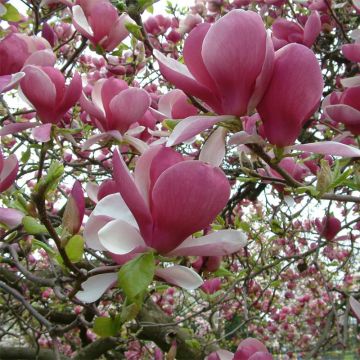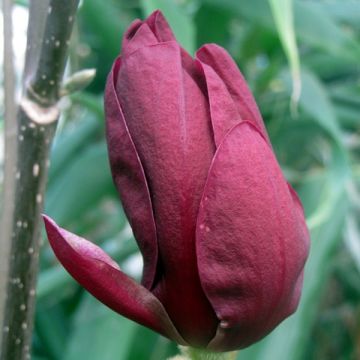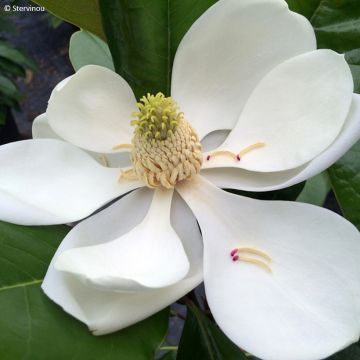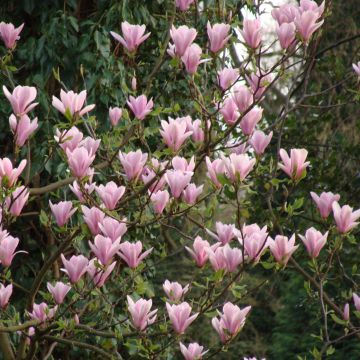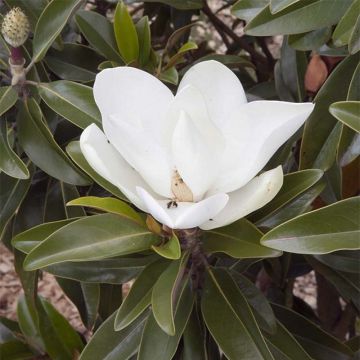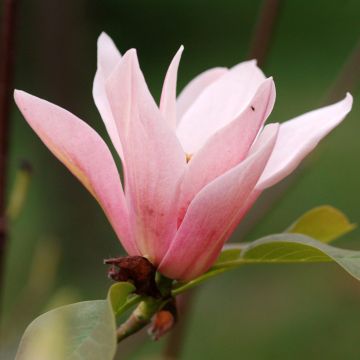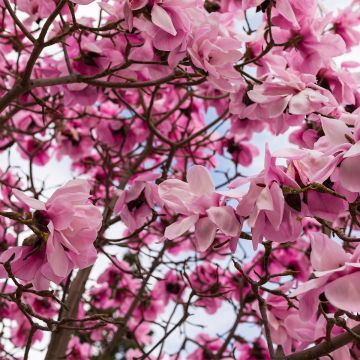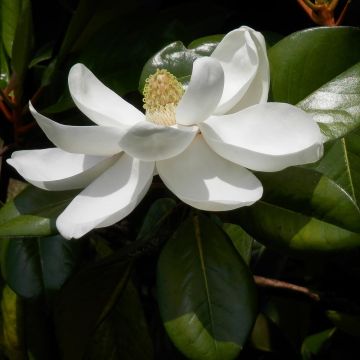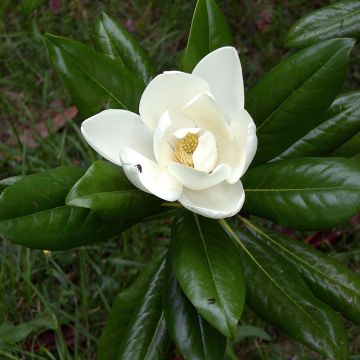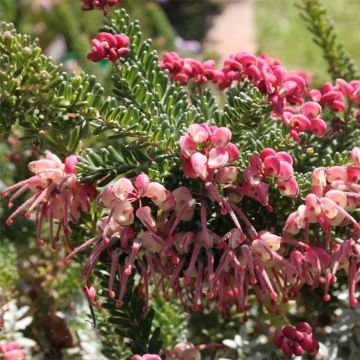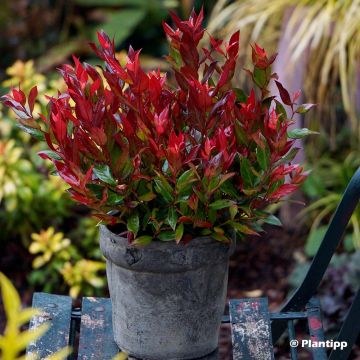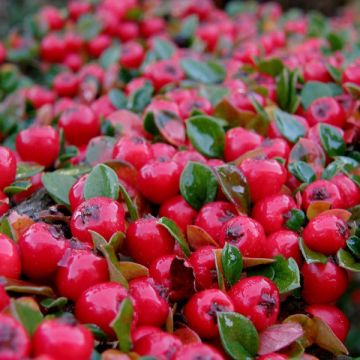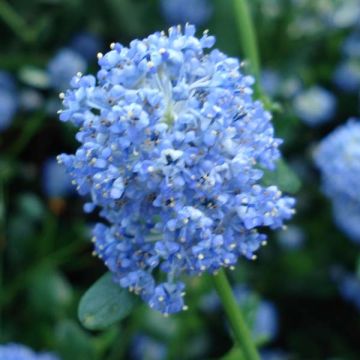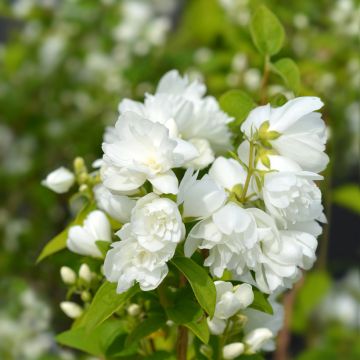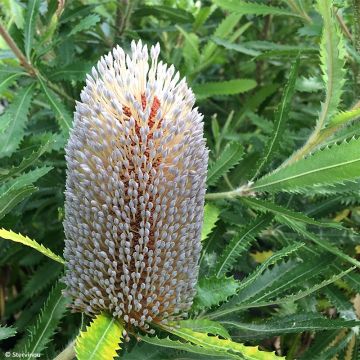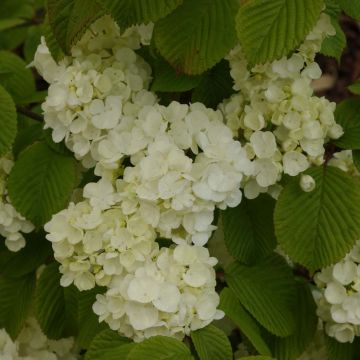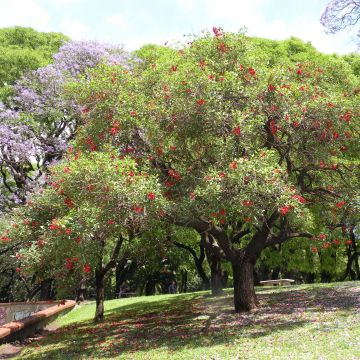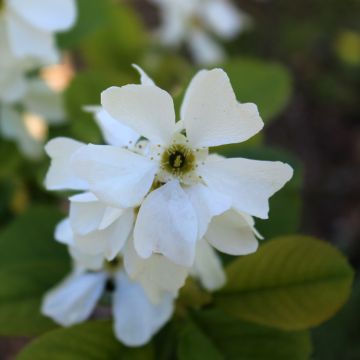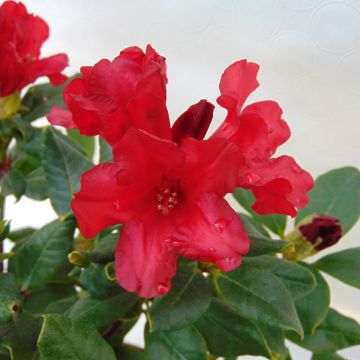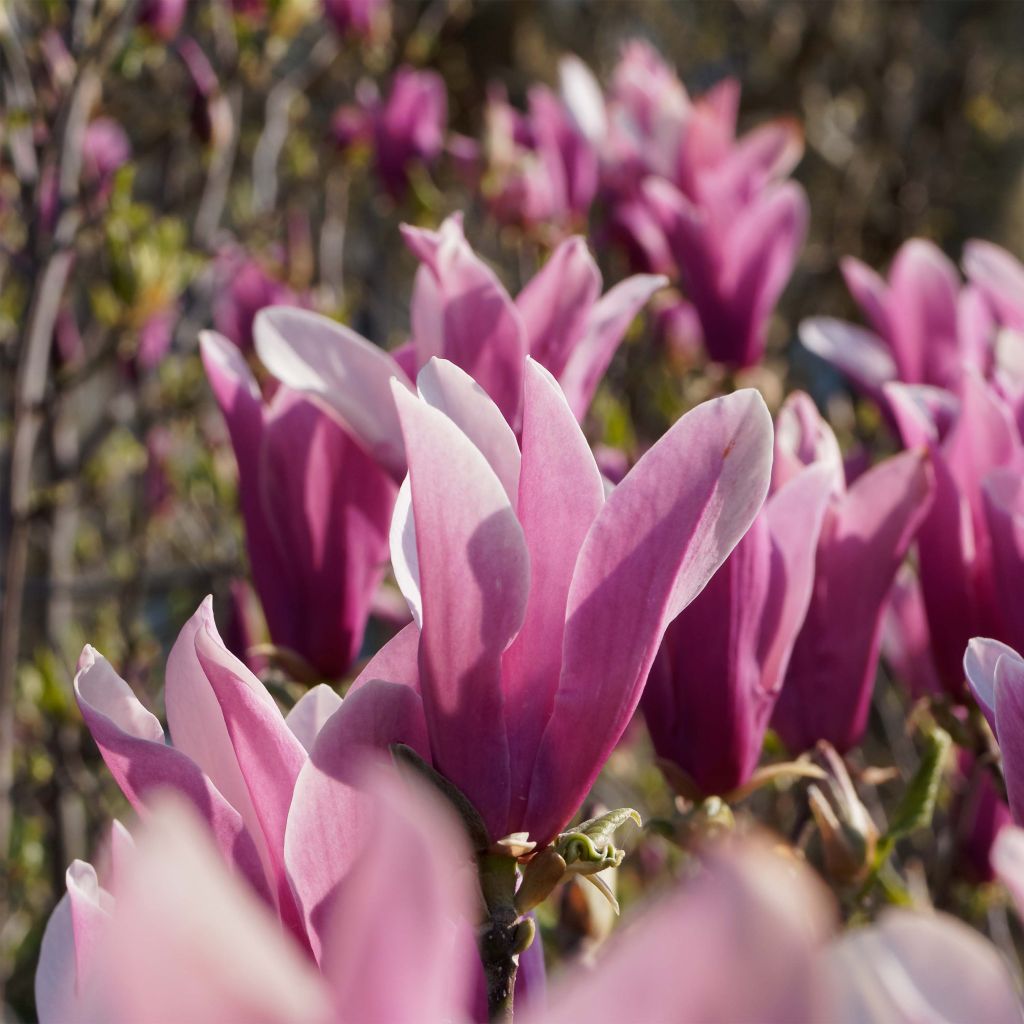

Magnolia liliflora Nigra
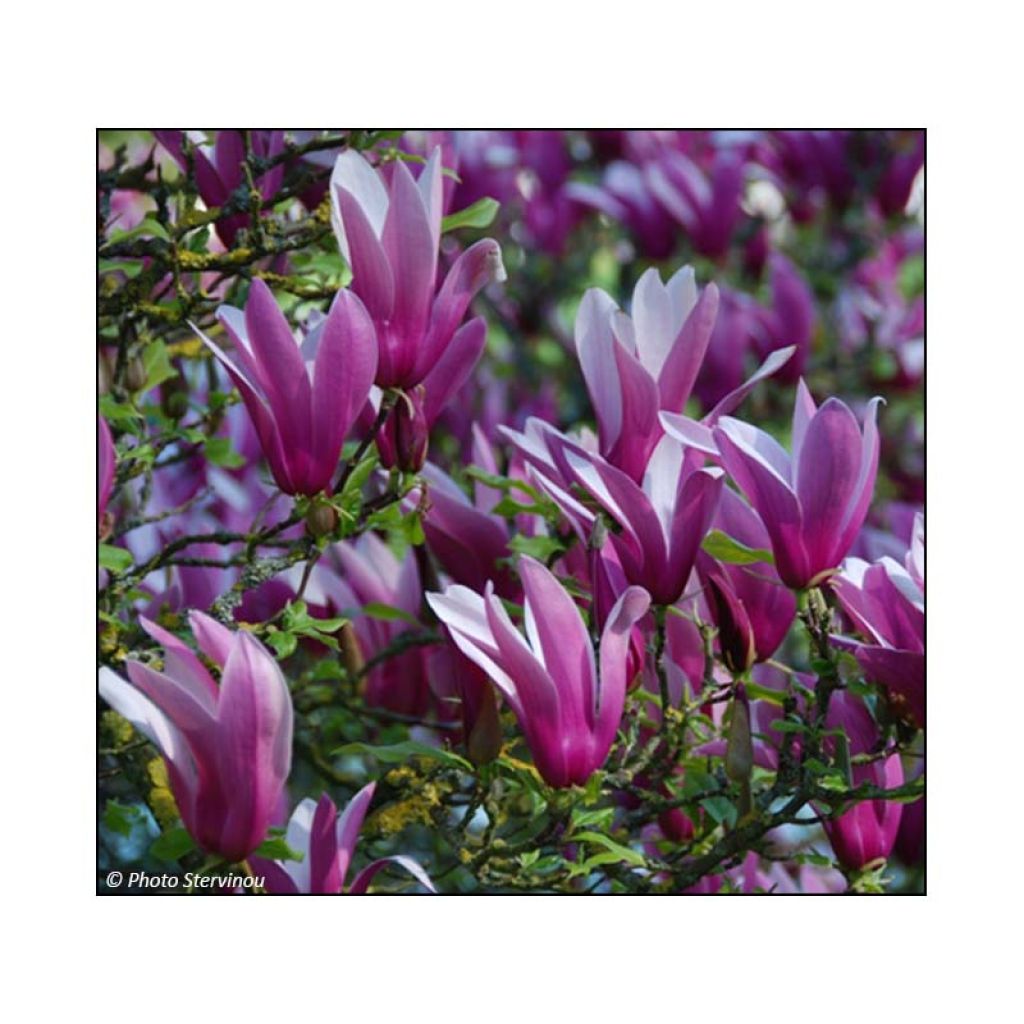

Magnolia liliflora Nigra
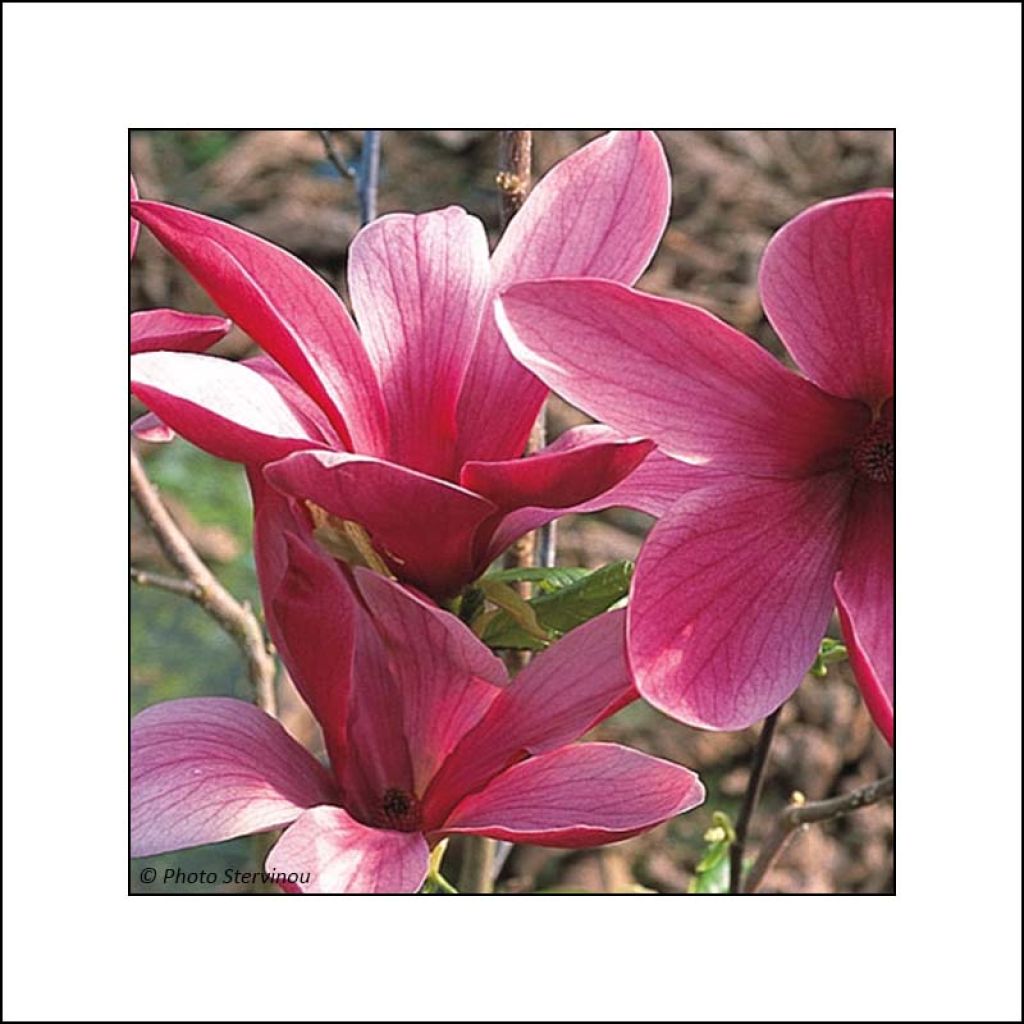

Magnolia liliflora Nigra
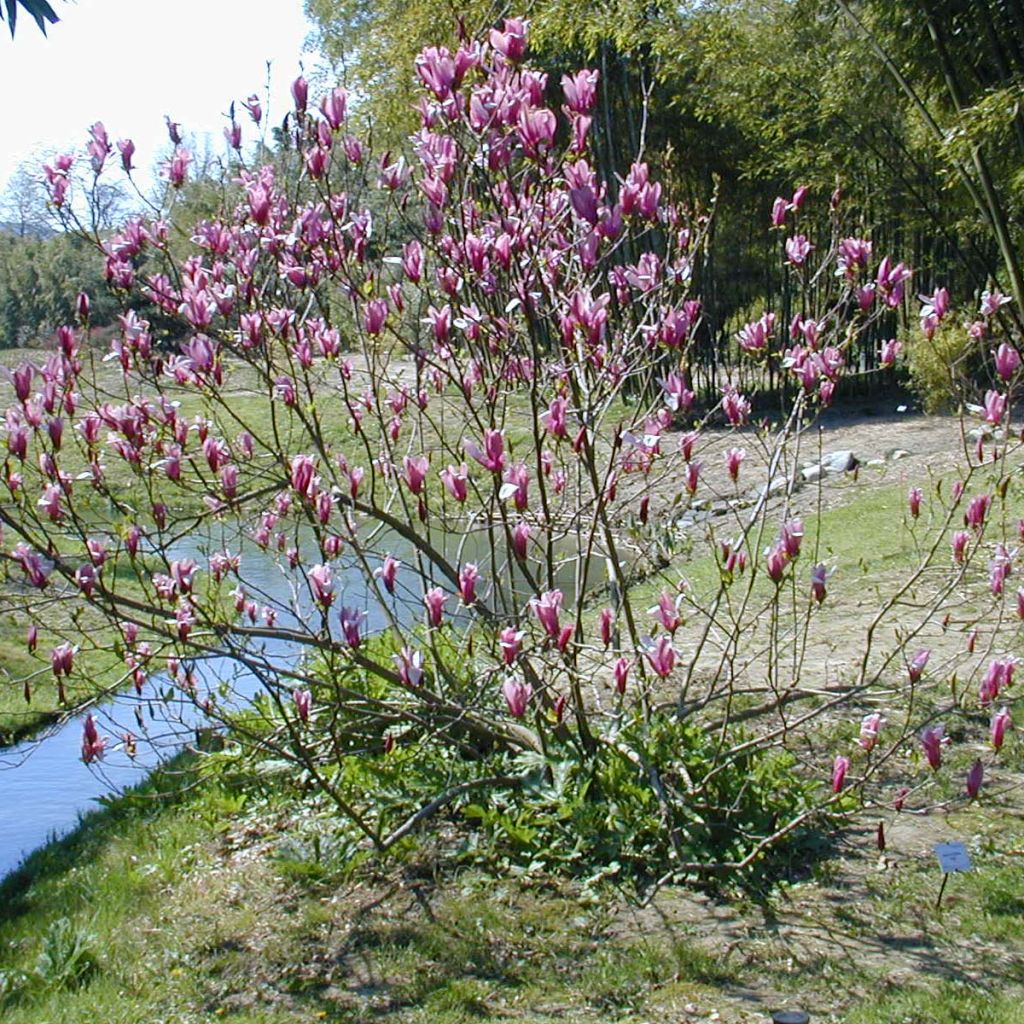

Magnolia liliflora Nigra
Magnolia liliflora Nigra
Magnolia liliflora Nigra
Magnolia
This item cannot be shipped to the selected country
Delivery charge from €5.90
Delivery charge from €5.90
Delivery to Corse prohibited
More information
Schedule delivery date,
and select date in basket
This plant carries a 24 months recovery warranty
More information
We guarantee the quality of our plants for a full growing cycle, and will replace at our expense any plant that fails to recover under normal climatic and planting conditions.
From €5.90 for pickup delivery and €6.90 for home delivery
Express home delivery from €8.90.
From €5.90 for pickup delivery and €6.90 for home delivery
Express home delivery from €8.90.
Delivery to Corse prohibited: UE law prohibits the import of this plant from mainland France to Corse as part of the fight against Xylella fastidiosa. Please accept our sincere apologies.
More information
Does this plant fit my garden?
Set up your Plantfit profile →
Description
The Magnolia liliiflora 'Nigra' is an old cultivar dating back to 1861, still highly appreciated for its moderate growth, well-suited for small gardens, but also for its brilliant and long spring to summer flowering. This deciduous bush with a dense habit is covered in spring, at the same time as its large leaves emerge, with numerous slightly scented flowers, shaped like tulips with an intense dark purple colour on the outside and pink on the inside. This variety tolerates partial shade and thrives in any moist soil, as long as it is well-drained and low in limestone.
This Magnolia liliiflora Nigra belongs to the magnolia family. It is a darker-flowered form of Magnolia liliiflora, native to eastern and central China. A small tree or large bush with a rounded and bushy shape, well-branched, it reaches a height of about 3 metres (9.8 ft) at maturity, with a similar width, sometimes slightly larger. It has a rather slow growth rate. From April to June, large solitary and slightly scented tulip-like flowers bloom before and simultaneously with the leaves. They are erect, long, narrow, and can reach a height of 12 cm (4.7 in). It is not uncommon to see a few flowers appear during the summer if the soil remains moist. These flowers emerge from buds protected by silky bracts, and are formed by 12 fleshy tepals (indistinguishable sepals and petals), dark purple on the outside and pink on the inside, with a satin finish, opening around numerous long violet stamens. Its deciduous foliage consists of obovate leaves, with a satin medium green colour on the upper side, strongly veined, paler and finely villous on the underside, turning yellow-brown in autumn. They measure 10 to 18 cm (3.9 to 7.1 in) in length.
This Magnolia, an outstanding ornamental tree, is stunning in a small garden, quickly becoming the star of the show in spring. It is most often used as a solitary specimen in the middle of a short grass meadow, where its remarkable flowering has a beautiful effect, but it is important to remember that once the flowering is over, it will somewhat fade into anonymity. It can be beneficial to plant this Magnolia alongside other bushes that thrive in non-limestone soils and have staggered flowering times, such as Rhododendrons, Camellias, Hydrangeas, Witch Hazels, Pieris, Anemone tree, Fothergilla, and Winter sweet. This is particularly useful for creating a Japanese-style garden. Additionally, you can create beautiful flowering hedges along pathways by alternating this Magnolia with other cultivars like Magnolia grandiflora, Magnolia denudata, stellata, and brooklyniensis.
Properties:
Magnolias are trees that have been around for over 20 million years, with fossils dating back to prehistoric times. Their beautiful flowers are considered one of the most primitive flowers, closely resembling the earliest existing flowers. The bark of magnolias has medicinal properties and is used in cosmetics, while their wood is highly valued.
Report an error about the product description
Magnolia liliflora Nigra in pictures
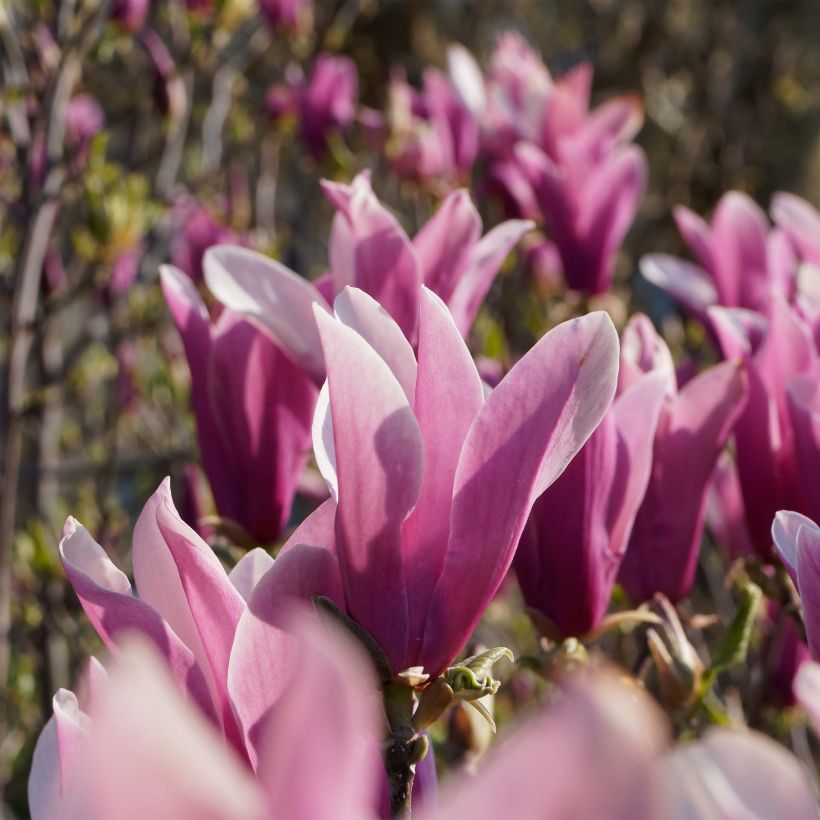

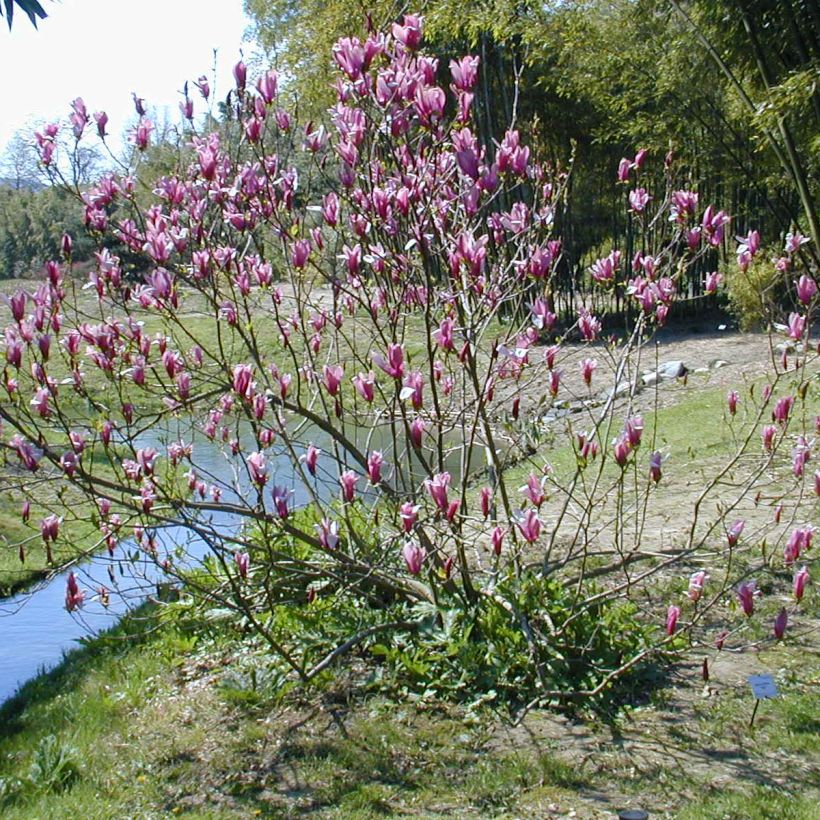

Plant habit
Flowering
Foliage
Botanical data
Magnolia
liliflora
Nigra
Magnoliaceae
Magnolia
Cultivar or hybrid
Other Magnolia
Planting and care
The 'Nigra' magnolia prefers sheltered situations, sunny to partially shaded exposures, a fresh, well-drained, rich soil, low in limestone, neutral or acidic. It does not like soils that are too dry or too wet, windy locations, or root competition, as its root system is superficial. It is hardy (up to -20°C), but it is advisable to protect young plants from frost during the first years following planting. Note that late frosts and cold winds can damage flower buds and young leaves, affecting flowering. Magnolias can be planted in spring or autumn, outside the frost period, ensuring they are sheltered from cold winds. Prepare a hole 80 cm (31.5 in) wide and equally deep, with a good supply of heath soil and compost. Be gentle when placing the plant in the hole to avoid breaking the fleshy but fragile roots. Immediate watering, preferably with non-limestone water (rainwater), helps to compact the soil around the roots. During the first year after planting, the Magnolia requires watering once a week.
It is recommended to mulch the magnolia once a year during spring. Mulching around the base of the tree can help maintain its freshness during hot weather, enrich the soil, and protect it from the cold in winter. Since the magnolia has delicate roots, it is best to avoid transplanting it. The only issues that can harm the magnolia are parasites like scale insects, snails, and slugs that can attack young plants, as well as cryptogamic diseases such as root rot (in excessively damp soil), coral spot, and pestalozzia. It is worth noting that magnolias are ornamental trees that can tolerate air pollution well.
Planting period
Intended location
Care
-
, onOrder confirmed
Reply from on Promesse de fleurs
Spring-flowering shrubs
Haven't found what you were looking for?
Hardiness is the lowest winter temperature a plant can endure without suffering serious damage or even dying. However, hardiness is affected by location (a sheltered area, such as a patio), protection (winter cover) and soil type (hardiness is improved by well-drained soil).

Photo Sharing Terms & Conditions
In order to encourage gardeners to interact and share their experiences, Promesse de fleurs offers various media enabling content to be uploaded onto its Site - in particular via the ‘Photo sharing’ module.
The User agrees to refrain from:
- Posting any content that is illegal, prejudicial, insulting, racist, inciteful to hatred, revisionist, contrary to public decency, that infringes on privacy or on the privacy rights of third parties, in particular the publicity rights of persons and goods, intellectual property rights, or the right to privacy.
- Submitting content on behalf of a third party;
- Impersonate the identity of a third party and/or publish any personal information about a third party;
In general, the User undertakes to refrain from any unethical behaviour.
All Content (in particular text, comments, files, images, photos, videos, creative works, etc.), which may be subject to property or intellectual property rights, image or other private rights, shall remain the property of the User, subject to the limited rights granted by the terms of the licence granted by Promesse de fleurs as stated below. Users are at liberty to publish or not to publish such Content on the Site, notably via the ‘Photo Sharing’ facility, and accept that this Content shall be made public and freely accessible, notably on the Internet.
Users further acknowledge, undertake to have ,and guarantee that they hold all necessary rights and permissions to publish such material on the Site, in particular with regard to the legislation in force pertaining to any privacy, property, intellectual property, image, or contractual rights, or rights of any other nature. By publishing such Content on the Site, Users acknowledge accepting full liability as publishers of the Content within the meaning of the law, and grant Promesse de fleurs, free of charge, an inclusive, worldwide licence for the said Content for the entire duration of its publication, including all reproduction, representation, up/downloading, displaying, performing, transmission, and storage rights.
Users also grant permission for their name to be linked to the Content and accept that this link may not always be made available.
By engaging in posting material, Users consent to their Content becoming automatically accessible on the Internet, in particular on other sites and/or blogs and/or web pages of the Promesse de fleurs site, including in particular social pages and the Promesse de fleurs catalogue.
Users may secure the removal of entrusted content free of charge by issuing a simple request via our contact form.
The flowering period indicated on our website applies to countries and regions located in USDA zone 8 (France, the United Kingdom, Ireland, the Netherlands, etc.)
It will vary according to where you live:
- In zones 9 to 10 (Italy, Spain, Greece, etc.), flowering will occur about 2 to 4 weeks earlier.
- In zones 6 to 7 (Germany, Poland, Slovenia, and lower mountainous regions), flowering will be delayed by 2 to 3 weeks.
- In zone 5 (Central Europe, Scandinavia), blooming will be delayed by 3 to 5 weeks.
In temperate climates, pruning of spring-flowering shrubs (forsythia, spireas, etc.) should be done just after flowering.
Pruning of summer-flowering shrubs (Indian Lilac, Perovskia, etc.) can be done in winter or spring.
In cold regions as well as with frost-sensitive plants, avoid pruning too early when severe frosts may still occur.
The planting period indicated on our website applies to countries and regions located in USDA zone 8 (France, United Kingdom, Ireland, Netherlands).
It will vary according to where you live:
- In Mediterranean zones (Marseille, Madrid, Milan, etc.), autumn and winter are the best planting periods.
- In continental zones (Strasbourg, Munich, Vienna, etc.), delay planting by 2 to 3 weeks in spring and bring it forward by 2 to 4 weeks in autumn.
- In mountainous regions (the Alps, Pyrenees, Carpathians, etc.), it is best to plant in late spring (May-June) or late summer (August-September).
The harvesting period indicated on our website applies to countries and regions in USDA zone 8 (France, England, Ireland, the Netherlands).
In colder areas (Scandinavia, Poland, Austria...) fruit and vegetable harvests are likely to be delayed by 3-4 weeks.
In warmer areas (Italy, Spain, Greece, etc.), harvesting will probably take place earlier, depending on weather conditions.
The sowing periods indicated on our website apply to countries and regions within USDA Zone 8 (France, UK, Ireland, Netherlands).
In colder areas (Scandinavia, Poland, Austria...), delay any outdoor sowing by 3-4 weeks, or sow under glass.
In warmer climes (Italy, Spain, Greece, etc.), bring outdoor sowing forward by a few weeks.

































